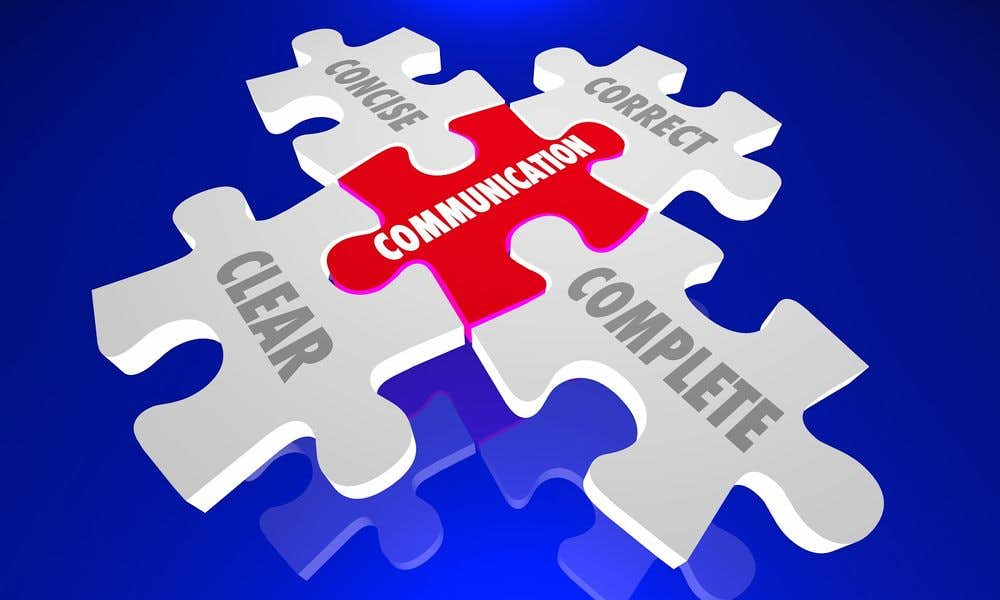May 4th, 2020

“Communication - the human connection - is the key to personal and career success.” - Paul J. Meyer

Communication is the way in which humans socialize and interact with one another. It is essentially how information is delivered from one person or place to another. Some people are good communicators, while others are poor communicators…
Communication is a constant part of our lives. We communicate daily whether we want to and mean to or not. We typically assume that communication means that we are exchanging information with other human beings. Some of these people might include our partner, parent, children, friends, extended family, co-workers, clerks, bankers, and the list goes on.
However, we communicate and interact with non-humans as well. Communication with non-humans may or may not be intended. Regardless, we are communicating with everyone and everything around us. Some of these non-humans we might communicate with include our pets, nature, and even animals in the wild.
One would think that because communication is something that we do everyday, all day, for the extent of our lifetime, we would be experts. But this is far from the truth. It is actually quite the opposite. Poor communication can be far more common and widespread than good communication actually is. Often times, it is the lack of communication or miscommunication where a message can be communicated poorly.
Modern day communication is more than just a conversation where two people are both physically present. Between phone calls, text, and email there are a multitude of ways in which people might have a conversation -- which is what makes good communication so difficult today. It is hard to always send a message of information unknowing how the receiver will accept it. How did they respond nonverbally when they initially received the message? What is the tone of their typed response back? It is so hard to read and analyze these types of messages and this is how miscommunication and misunderstanding develop.

All relationships are unique, whether it is a professional relationship or a romantic relationship. However, intimate interpersonal relationships can trigger a stronger sense of emotions. When there is poor communication from one or both people involved in an exchange, both small and large mental health issues can develop.
Good communication is learned for most people. It is not something that always comes naturally. While some people may be gifted with good communication techniques, everyone has their pitfalls.
It is important to try to practice good communication for the sake of developing and maintaining healthy relationships, both personal and professional.
With patience and mindfulness comes tactfulness and maturity. When we can develop a maturity in the way we exchange information we will have more positive and successful relationships.


Our Services
Virtual/Online CarePHP and IOPAdult PsychiatryChild & Adolescent PsychiatryAdult TherapyChild & Adolescent TherapyCouples CounselingFamily TherapyGroup TherapyPsychological TestingTranscranial Magnetic Stimulation (TMS)Resources
Refer a PatientCareersClinical Training OpportunitiesOur ProvidersFree Mental Health TestsCommonly Prescribed MedicationsLocationsBlogIn The NewsClarity Through CharityClarity for AllQuick Links
Patient PortalFAQsAccepted InsurancesContact us